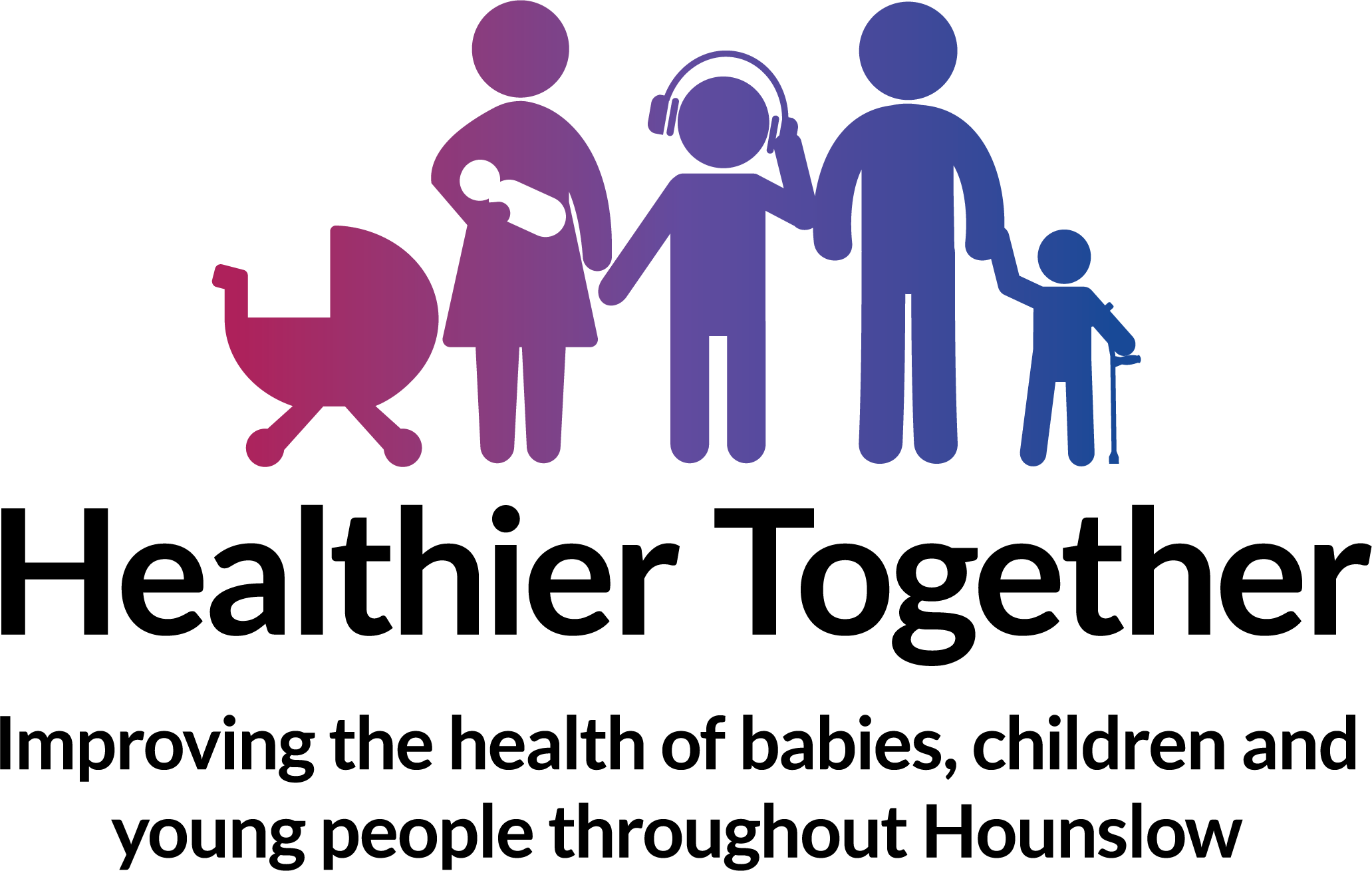Oral health for toddlers and pre-schoolers
Key health professionals involved here:
- Nursery Nurses
- Early Years
- Teaching Staff
Toothbrushing
Key messages:
- Brush all the surfaces of the teeth and gumline in small circles for around 2 minutes, twice a day - just before bedtime and at another time that fits in with your routine
- Children under 3 should use a smear of toothpaste containing no less than 1000ppm fluoride
- Children aged 3 and over should use a pea-sized amount of toothpaste containing more than 1000ppm fluoride
- Use a toothpaste containing 1350-1500ppm fluoride for maximum prevention. Most ‘own brand’ supermarket toothpastes are suitable and more affordable
- Spit out the toothpaste and do not rinse!
- Brush all the surfaces of the teeth. The parent/carer should sit the child on their lap or stand behind them and cradle the child’s head while brushing
- Persevere even if the child is uncooperative. Brushing with a fluoride toothpaste is more important than good toothbrushing technique!
- Each family member should have their own toothbrush to stop spread of germs
Linked resources:
- Brush DJ - Toothbrushing App
-
How to care for the teeth of children aged 0-3 with Dr Ranj and Supertooth! (CBeebies presenter)
Diet:
Key messages:
- Reduce the amount and frequency of having foods and drinks that contain sugar, only give sweet foods including dried fruit at mealtimes
- Squashes sweetened with sugar, fizzy drinks, soft drinks and juice drinks have no place in a child’s daily diet
- Limit the amount of fruit juice and/or smoothies your child drinks to a maximum of 150 mls (one portion) in total per day and drink it with meals to reduce the risk of tooth decay
- Always ask for sugar-free medicines
Linked resources:
- Sugar: the facts
- Healthy Eating Right from the Start video (from Henry)
- The Food Scanner app from Change4Life can help you check how much sugar your family is having
Visiting the dentist:
Key Messages
- Adults should have a regular check-up at the dentist at least once every 2 years, and children at least once a year
- NHS dental treatment is free for children under 18 or under 19 and in qualifying full-time education
- Some adults can also get free NHS dental treatment
- Going to the dentist regularly helps the child become familiar with the dental environment, and enables the dentist to pick up on any problems as early as possible
- The dentist can paint fluoride varnish on children’s teeth to protect them from tooth decay. All children over 3 should have it applied at least twice a year, and it may also be used for younger children at high risk of tooth decay. Parents/carers should ask their dentist about fluoride varnish
Linked resources:
- Put your postcode into this website to find a dentist
- Look here to find out who is entitled to free NHS dental treatment


